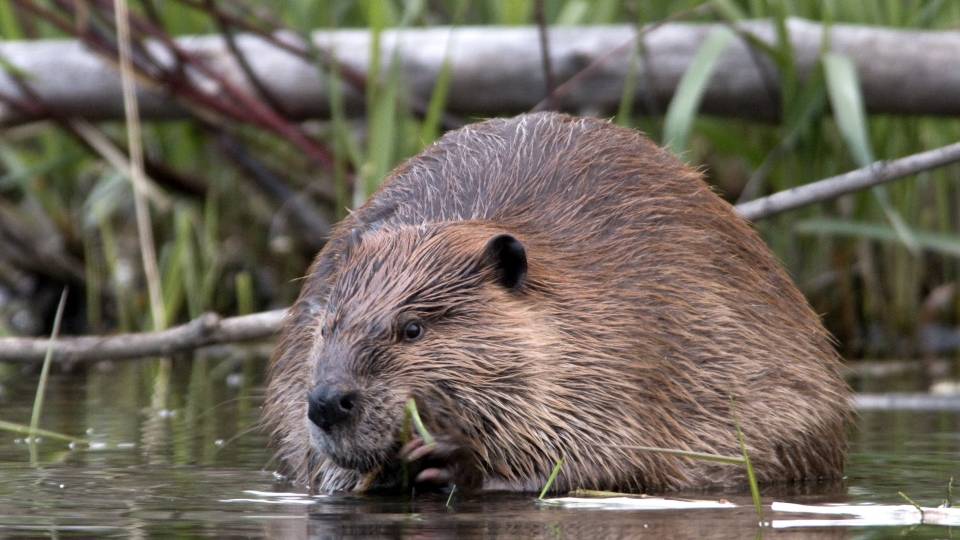MFOA Testimony Against Proposed Extension to Beaver Trapping and Bobcat Hunting Seasons
Comments from Maine Friends of Animals
Re: Proposed Rule Changes Impacting Chapter 4.01 (G. 1, 1.b., 4.) (O.) Upland Game and Furbearing Animals Maine Department of Inland Fisheries & Wildlife
September 27, 2016
Dear Commissioner Woodcock, Inland Fisheries and Wildlife Advisory Council Members,
Please accept this letter in opposition to the proposed extensions to bobcat hunting and beaver trapping seasons in Maine. I have also included feedback regarding the proposed openings and closures of land in Maine Wildlife Management Districts to beaver trapping.
Maine Friends of Animals is against any forms of hunting that are cruel – killing beavers through trapping and hunting bobcats using hounds both fall under this category.
Additionally, we do not support the senseless killing of wildlife for purposes of profit or for trophy hunting. Maine’s wildlife belongs to all of us and should not be “harvested” indiscriminately to benefit a small minority of the population.
As a result we are against any extension to the beaver trapping and bobcat hunting seasons.
In reviewing the many ecological and environmental benefits provided to us by beavers and bobcats, along with the fact that both species were nearly eliminated in the past due to over-hunting and destruction of habitats – it is baffling that the Department is putting forth this season extension proposal.
Maine already allows up to 6 months of unlimited “opportunity” to inhumanely trap and kill beavers for no good reason other than wildlife profiteering.
Is allowing more time to do this really in the best interest of Maine’s ecology and environment?
Nuisance trapping of beavers is marketed on IF & W’s website as a “free” solution to beaver-human conflict - but nothing could be farther from the truth. The long term costs of this type of short term thinking to Maine’s beaver population, ecological balance and environment are steep, especially during this time of drought.
As far as bobcats are concerned, there is no good reason to hunt or trap bobcats. Extending this hunting season has no scientific justification. Nobody eats bobcats. They rarely present themselves as a “nuisance.” This reclusive cat appears to be hunted purely for selfish reasons – sport, trophy and financial gain through sale of fur.
Additionally, Lynx, a protected species, are sometimes mistaken for bobcats and accidentally killed as a result. Therefore, extending bobcat hunting season, also increases the risk to lynx.
It just seems like a bad idea.
In addressing the proposed openings and closures in Maine’s Wildlife Management Districts to beaver trapping – we support the right of any private landowner to request property be off limits to beaver trapping, and thus support any district-specific requests of this nature. It is surprising that landowners must submit such a request annually, as we feel the burden should be placed on the trapper to request land access (even if the access is via a public waterway.)
We also agree that the Department should be responsive to private landowners who submit nuisance beaver complaints. However, instead of recommending trapping as a solution, the Department should be making an aggressive short term investment in landowner education about the ineffectiveness of trapping as a form of long term nuisance control and the negative impacts of beaver removal from waterways. In response to landowner nuisance calls, IF & W should promote and support implementation of non-lethal management strategies such as application of repellents, installation of barriers and creation of beaver flow and diversion devices.
There was some confusion during our conversation with IF & W’s Ryan Robicheau as to whether a portion of the lands being opened to trapping this season in WMD 1 may be publicly owned (Fall Brook Lake/T18 R10 WELS.) Please note that MFOA is against opening up any public lands to beaver trapping.
Due to the many benefits provided to us through beaver damming, especially during droughts, and the knowledge that trapping/killing beavers is only a short-term solution that causes more damage than resolution, in the case of public lands, the Department should be focusing its resources on actively promoting and implementing non-lethal management strategies proven to work over the long term.
In conclusion, at this point in history, IF & W policy decisions need to be made based on science with an eye towards conservation of our shared wildlife resources. Please place greater focus on long-term, science-based, non-letal wildlife management strategies that preserve our precious animals, their habitats and our environment for future generations.


